The three students were inspired by the work of the Dutch journalist Aad Kamsteeg, who travelled to Vietnam and told harrowing stories. Henk: “Based on his articles, we decided to take action.” The organisation was first called South Vietnam Aid Association. Later on, it was renamed ZOA: the acronym of the Dutch words for South East Asia.
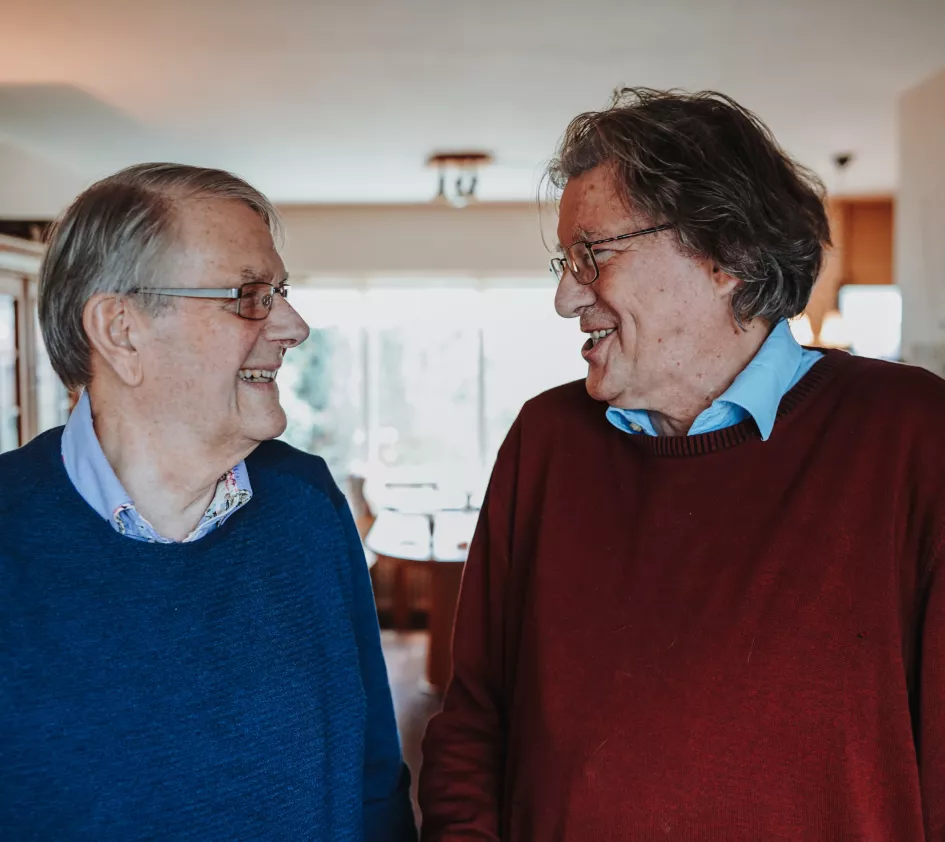
Founders ZOA: ‘Do I live for myself or for others?’
50 years of ZOA. “We never hoped to experience that when we started,” says Henk van der Velde. Together with two fellow Dutch students, Wiebrand Dijksterhuis and Koos van Houdt, he decided to stand up for refugees in South Vietnam in 1973. ZOA was born.
ZOA was born in a dorm room in 1973
'We wanted to stand up for refugees'
“We did not want to engage in politics, but simply stand up for refugees who had been forgotten by everyone,” says Henk van der Velde, who founded ZOA together with Wiebrand Dijksterhuis and Koos van Houdt in 1973. “At the start of our work, we said: we want to disband as soon as possible when the refugee flow stops.” Unfortunately, it turned out differently...
Inspiration
It is no coincidence that ZOA was founded in 1973. Due to the polarized political climate, not all refugees were helped. Co-founder Wiebrand says: “The public opinion, especially in the Netherlands, was directed against the USA. Aid was provided to refugees from North Vietnam and not to those from South Vietnam, who were fleeing the communist regime. We wanted to push back.”
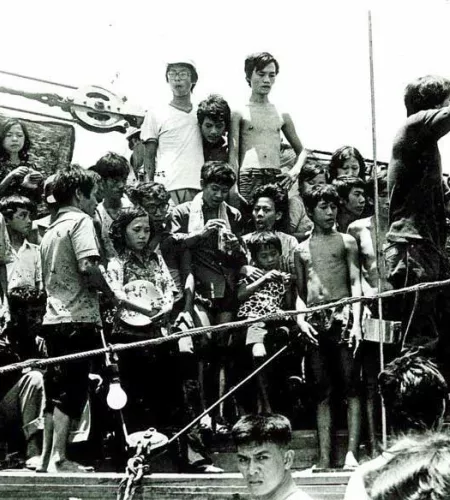
A tense era
The call of the three students resonated with a large silent group in Dutch society, that did not identify with the prevailing ideology. Wiebrand: “We became 'big' because of the polarization in the 1970s. A newspaper like De Telegraaf wasn’t that enthusiastic for no reason. Finally, they’d found an organisation that acknowledged the suffering in South Vietnam.”
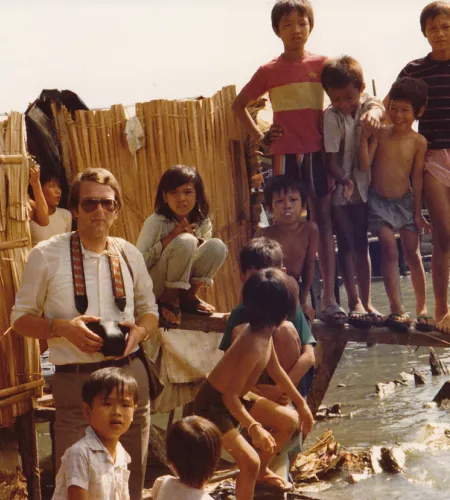
According to Henk, some established organisations were shocked by this new initiative. “For example, once we managed to get an article published in our university’s magazine,” he shares. “The editors were widely criticized for allowing this article. It was a very polarized and tense era.”
Nevertheless, the founders do not think that ZOA chose a particular political colour in the polarised society of the 1970s. However, according to Koos, ZOA wasn’t ‘neutral’ either. “We stood up for forgotten refugees and by doing that, went against the polarisation. Neutral sounds too weak. In that political situation, based on our Christian conviction, we spoke up for people who are less fortunate than us.”
Now, 50 years later, ZOA still works in environments that often are politically sensitive and where neutrality is a precondition for providing humanitarian aid. Environments like Syria, Myanmar, Ethiopia and DR Congo.
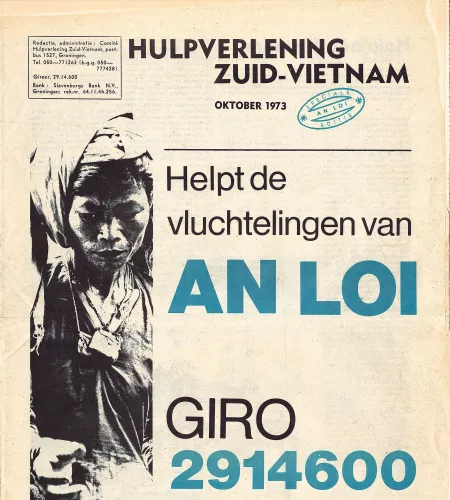
Forgotten refugees
Based on experiences in the field, ZOA acknowledges that many people suffer because of human actions and political choices. Should ZOA speak out more strongly on the human 'footprint', that usually particularly affects the most vulnerable areas?
“Well, I don't think so,” says Koos. “Let's turn it around: if you have true ZOA blood in your veins, you look with amazement at the grumpiness of people who only think of their own interests. Not in my backyard. Yes, but my own company? My vacation? Selfishness reigns, but we are also all part of society. Everyone can make a choice: do I live for myself or for others?”
Wiebrand agrees: “Leave the preaching to other organisations. ZOA is an emergency aid organisation. It is a good thing, however, that ZOA occasionally points out the consequences of climate change in Africa or other countries, for example. Places that are affected harder than ours. Then, we can motivate that the damage can be limited with our projects there.”
Isn't ZOA mainly concerned with cleaning up the mess that the West itself causes? Wiebrand: “Perhaps that is precisely ZOA's reason to exist at the moment. We have to do something there, because it's a mess. And that mess is caused by us. That is a form of awareness.”
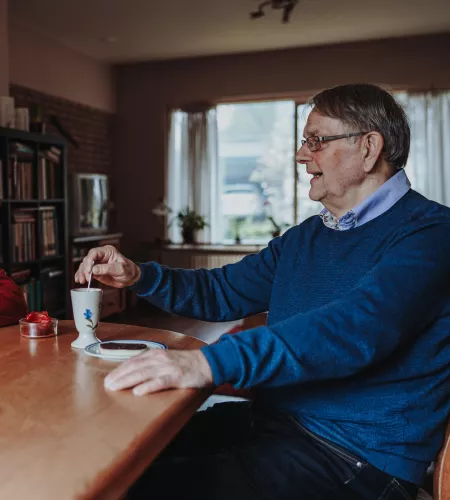
Shoulder to shoulder
There is absolutely no doubt among the three founders whether the 50 years of ZOA's existence have made sense – even though the world is in a worse state now than it was in 1973.
Koos: “We don't need many words to convey that we as Christians can stand next to each other. For example, there are now people from ZOA in Ukraine who stand shoulder to shoulder with the Ukrainian people to rebuild their houses. They don't need to be in the spotlight and they don't need a pat on the back. Yet, their efforts are life-changing for people who have lost everything. People are given hope again.” Wiebrand: “We are not going to save the world. But even if you help one person, you have done it for Jesus, as I read in Matthew 25.”
